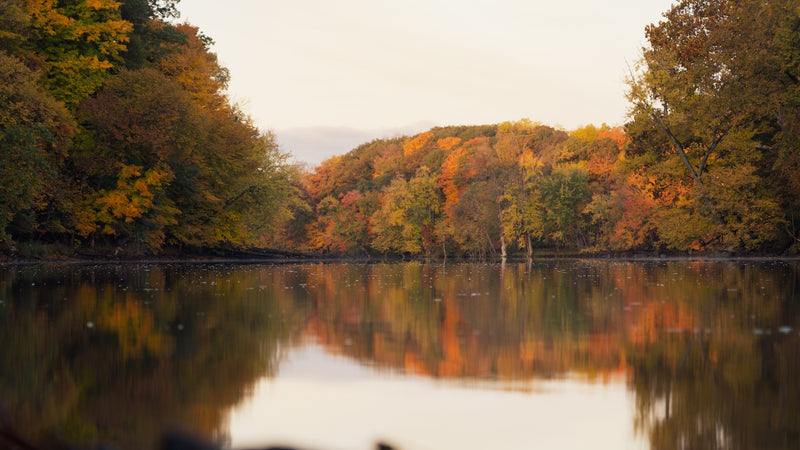Duck Hunting in the Rain: Overcoming the Challenges
Duck hunting in the rain presents a unique set of challenges, but with the right preparation and tactics, it can be a rewarding experience. As a dedicated duck hunter, it's essential to be equipped for the elements and understand how to modify your strategies to suit the wet conditions.
Safety First
Before delving into tactics, it's paramount to prioritize safety. Ensure you're dressed in the appropriate gear, including waterproof jackets, pants, and boots. A quality pair of rain gloves will also be beneficial, keeping your hands dry as you manage your hunting equipment.
Tactical Adjustments for Rainy Conditions
Hunting in the rain differs from a clear day. Here are some adjustments to consider:
- Decoy Spread: Due to reduced visibility, consider using fewer but high-contrast decoys that stand out in the rain. Also consider adding motion to your decoy spread.
- Blind Position: Think about relocating your blind closer to the water to counteract the decreased visibility.
- Noise Consideration: Rain can drown out the sounds of your calls and decoys. Opt for a louder duck call and adjust your calling style to resonate with the conditions. Adding extra movement to your decoy spread can also be beneficial.
 Did you know: The Ducks Unlimited mobile app has a countdown to 30 minutes before sunrise and sunset based on your location. Source: Ducks Unlimited, Inc.
Did you know: The Ducks Unlimited mobile app has a countdown to 30 minutes before sunrise and sunset based on your location. Source: Ducks Unlimited, Inc.
Understanding Duck Behavior in the Rain
Ducks' behavior can vary in the rain. While some species, like mallards, might continue their regular activities, others, such as wood ducks or teal, might become less active or more cautious. Factors like rain intensity, the season, and hunting pressure in the area can also influence their behavior. As a hunter, it's crucial to recognize these behavioral shifts and adapt your strategies accordingly. Here are two examples were rain played a role in the hunt; one went very well; the other, not so much.
Conclusion
While duck hunting in the rain can be demanding, it's also an opportunity to hone your skills and adaptability. By preparing adequately and adjusting your tactics to the wet environment, you can enhance your chances of a successful hunt.





Leave a comment
Please note, comments must be approved before they are published